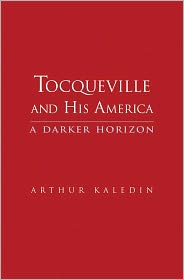
New from Oxford University Press:
Fighting Chance: The Struggle over Woman Suffrage and Black Suffrage in Reconstruction America by
Faye E. Dudden.
About the book, from the publisher:
The advocates of woman suffrage and black suffrage came to a bitter falling-out in the midst of Reconstruction, when Elizabeth Cady Stanton opposed the 15th Amendment because it granted the vote to black men but not to women. How did these two causes, so long allied, come to this?
Based on extensive research, Fighting Chance is a major contribution to women's history and to 19th-century political history--a story of how idealists descended to racist betrayal and desperate failure.
Faye E. Dudden is Professor of History at Colgate University. Her previous books include
Serving Women: Household Service in Nineteenth-Century America and
Women in the American Theatre: Actresses and Audiences, 1790-1870, which won the George Freedley Memorial Prize.
 About the book, from the publisher:
About the book, from the publisher:






























